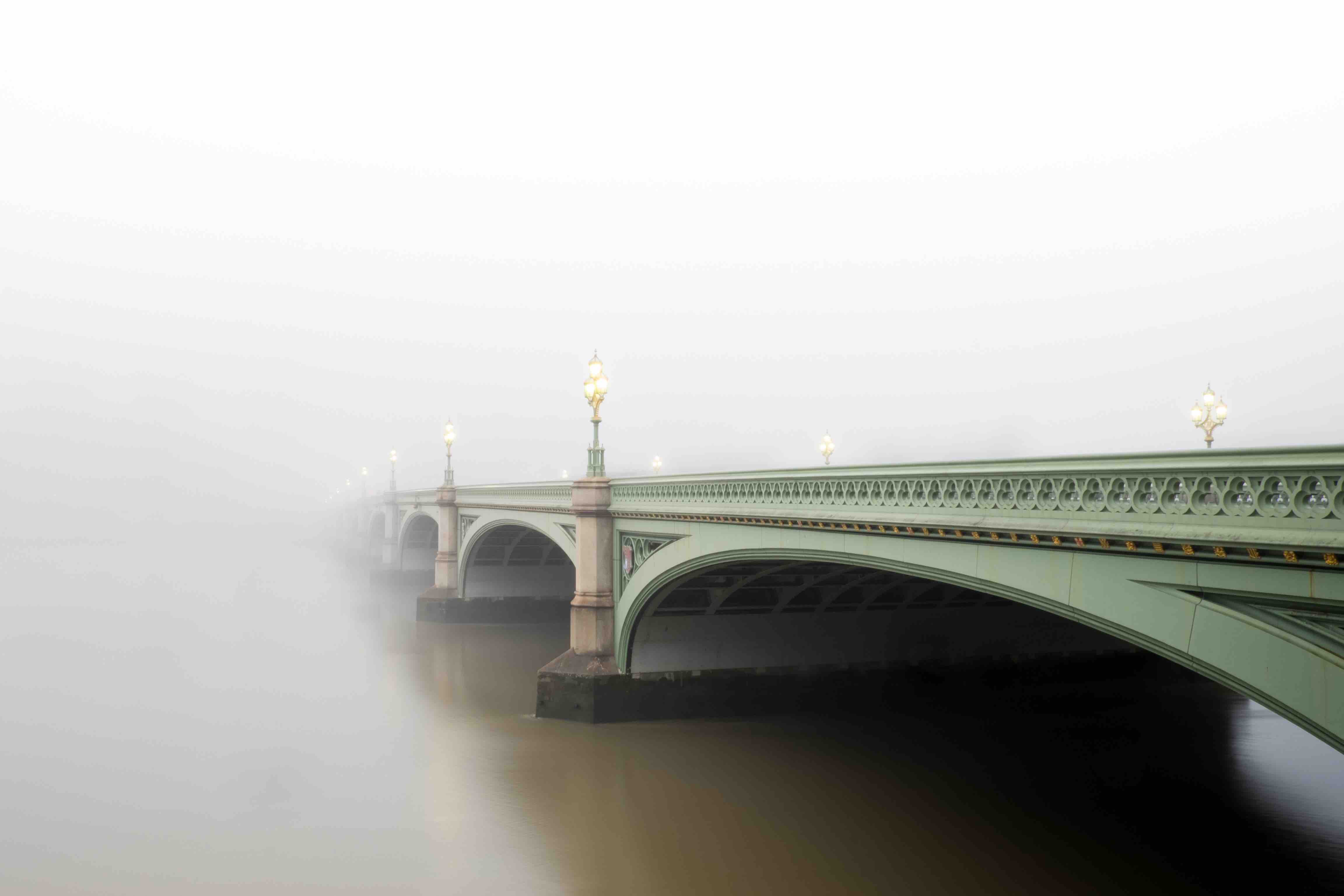In this blog, we will consider the first stage of the cancer journey – diagnosis. We live somewhat balanced lives, with long and short-term plans and think that we know where we are going!
However, a phone call from our doctor can destroy this balance with the news that “there may be a problem and we have to do more tests.” So, we now enter a new world where time stops, where all is suspended, and we start living from one test result to another.
None of the tests are usually conclusive, the shadow of cancer grows with every step, and this brings high levels of stress and anxiety. We must now deal with an unknown tomorrow and plans need to be suspended until we receive the test results and know the next steps. We must also deal with our environment and with friends and family: what to tell them, and, if so, how to tell them about the dreaded challenge on our horizon.
During the first session of our healing yoga retreat, clients share how they learned about the possibility of cancer and their reaction. Often, we hear comments like, “My life has stopped in this moment…and now what?” A feeling of fear and hopelessness sets in. Much also depends on how the news is delivered to a patient – around 30% of cancer patients suffer from PTSD; something we do not hear about.
We also have to understand that social and cultural factors may be at play and may often determine how we deal with the emerging challenge. In most western countries, cancer patients are surrounded by loving care and the understanding that they are experiencing difficult times.
I remember losing my hair when going through chemo and choosing to not wear a wig. Seeing my bald head, strangers would smile tenderly and “knowingly” at me and some would even ask how long I had been in treatment. We would have a warm exchange and I would be left feeling supported and uplifted – that I was not alone.
However, in some countries, cancer carries the stigma of shame. It is believed that the patient did something terrible in his or her past life and now must suffer punishment through cancer. Unfortunately, this results in people hiding their condition before family and the diagnosis usually comes at the late stages of the disease. So, levels of anxiety, tension, confusion and fear are even more elevated by the social environment.
When conducting our Beyond Cancer Retreat in India for the first time, we had a dedicated yoga studio where all the classes were taking place. Curiosity would get the better of some of the staff members at the clinic, who would come to peek into the room to see the “cancer people.” And when our group entered the dining hall for the first time, there was suddenly a dead silence as all eyes focused on us.
On another occasion, a 27-year-old male shared that he had been engaged to a lovely girl who, after hearing of his diagnosis, decided to terminate the relationship, leaving him heartbroken. I can only imagine that such stigma makes this client’s cancer journey so much more difficult.




